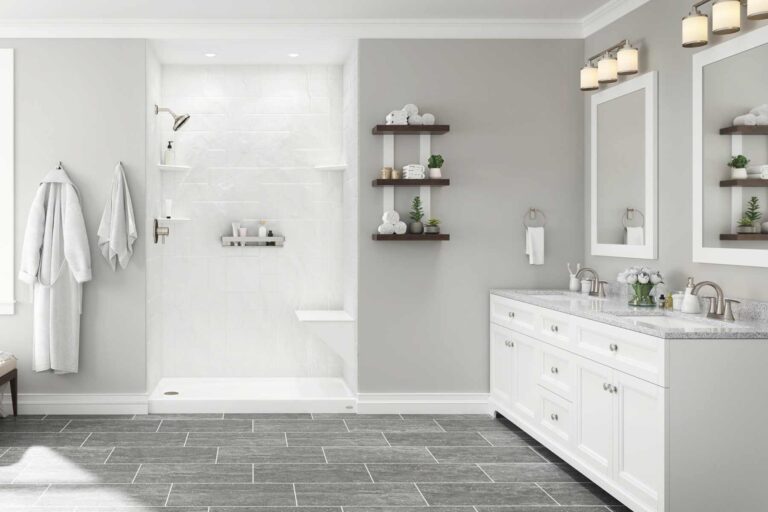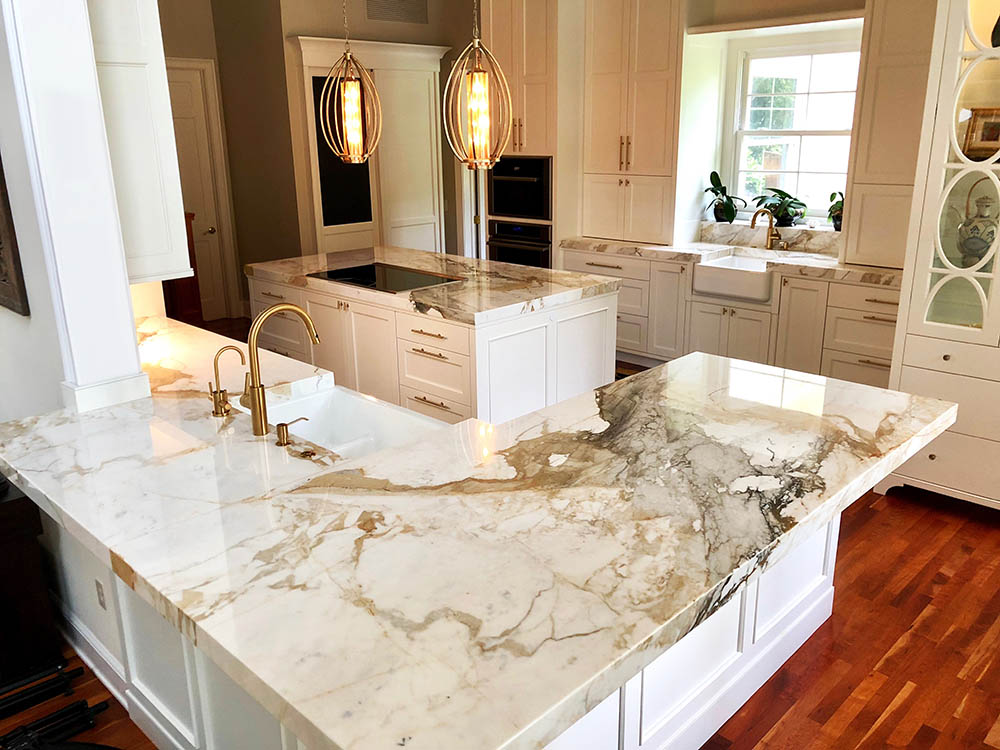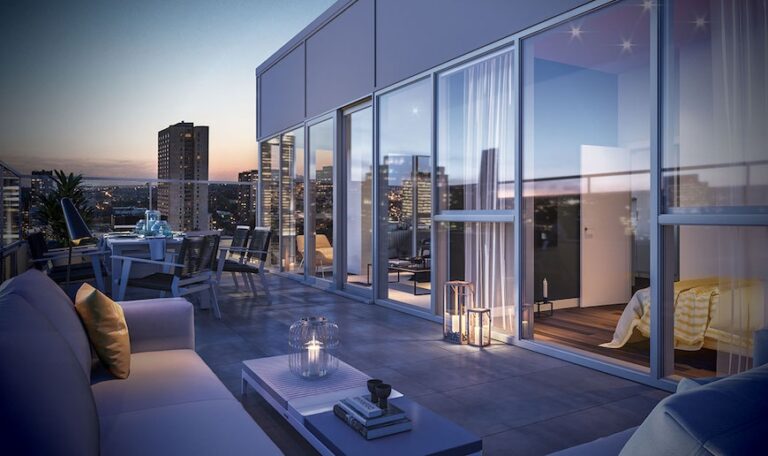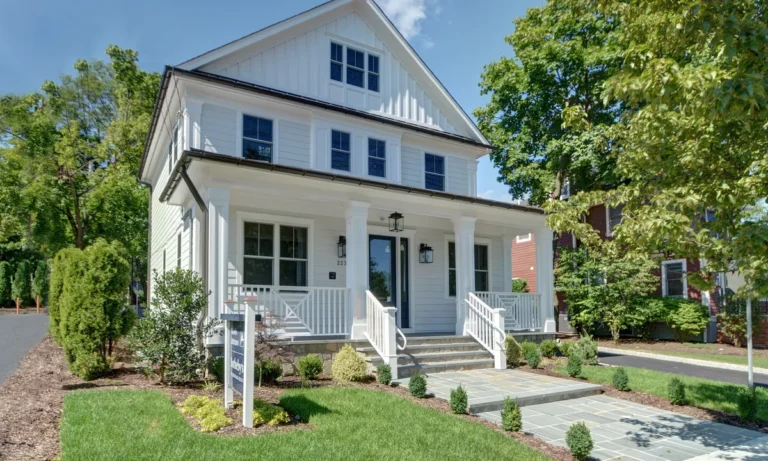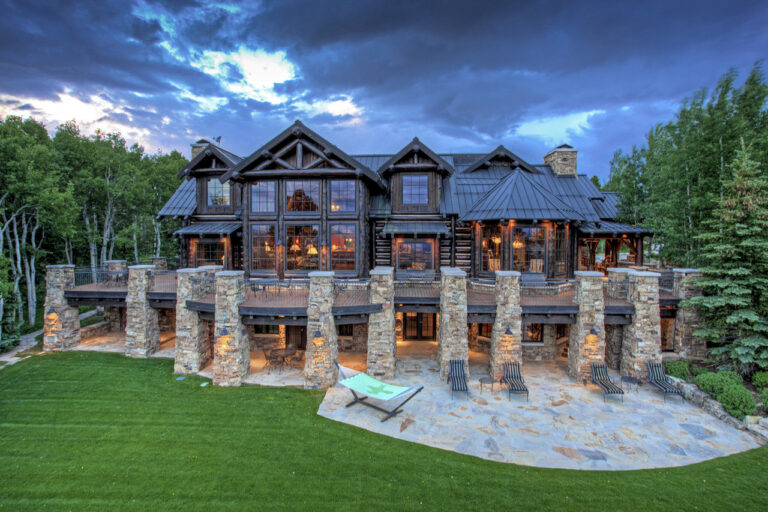In 2007, Sarah and Mark purchased their first home, a quaint cottage nestled in the outskirts of Seattle. As they were selecting materials for the kitchen, Sarah fell in love with a gorgeous Carrara marble slab. Though more expensive than other countertop options, its elegance was undeniable, with the smooth surface gleaming in the showroom under the gentle overhead lights. Fast forward fifteen years later, that same marble countertop remains the centerpiece of their kitchen. Though it has developed a few signs of wear – minor etching here and there – its classic beauty still shines through, as it has for centuries in famous buildings, such as Michelangelo’s David or the Taj Mahal.
Like Sarah and Mark, many homeowners across the globe are drawn to the timeless appeal of marble countertops. But beyond the aesthetic allure, why do so many choose marble, and what should one consider before making this investment?
The Timeless Appeal of Marble
Marble has been used in architecture and design for thousands of years. It was a favorite material of the ancient Greeks and Romans, found in famous landmarks like the Parthenon and the Pantheon. Today, it remains a popular choice for countertops due to its natural beauty, smooth finish, and the prestige it brings to any home.
According to the National Kitchen and Bath Association (NKBA), natural stone countertops, including marble, accounted for over 41% of countertop material choices in high-end kitchen remodels in 2022. This speaks to the enduring popularity of marble, even in the face of newer, synthetic materials like quartz and solid surface options.
One of the reasons for this ongoing demand is marble’s unique veining and color variations. No two slabs are alike, allowing homeowners to install a unique centerpiece in their kitchens or bathrooms. This uniqueness is difficult to replicate with engineered stone options.
The Science Behind Marble’s Appeal: Formation and Composition
Marble is a metamorphic rock composed primarily of recrystallized carbonate minerals, most commonly calcite or dolomite. It forms when limestone is subjected to high pressure and heat over thousands of years, leading to the stunning, crystalline structure we see today. This geological process also contributes to the vast array of colors and vein patterns in different marble types, depending on the mineral impurities present during its formation.
Carrara, Calacatta, and Statuario are some of the most famous types of marble, each quarried from different regions in Italy. Carrara marble, for example, is typically more affordable and has a softer veining, while Calacatta is more dramatic in its color contrast and is usually considered a luxury option. Premium-quality Calacatta marble can fetch upwards of $180 per square foot, making it one of the most expensive countertop materials on the market.
Pros and Cons of Marble Countertops
Like any material, marble has its pros and cons. While it’s undoubtedly beautiful, homeowners must weigh the practical considerations before committing.
Pros:
- Aesthetic Appeal: Marble is synonymous with luxury and elegance. Its natural veining patterns and color variations add a touch of sophistication that few other materials can match.
- Heat Resistance: Marble remains calm, making it an excellent baker surface. Pastry chefs have long appreciated its ability to keep dough cool, so you’ll often find marble countertops in professional kitchens.
- Durability: Despite common misconceptions, marble can last for decades when properly cared for, as Sarah and Mark’s story illustrates. While it is softer than granite or quartz, it remains a durable option that can withstand the rigors of daily kitchen use.
Cons:
- Porosity: Marble is a porous material that can absorb liquids and is susceptible to staining. Everyday kitchen spills like wine, coffee, and oils can penetrate the surface if not cleaned immediately.
- Etching: Marble is sensitive to acids in everyday items like citrus, vinegar, and some cleaning products. These acids can cause etching – dull spots on the marble surface – that can only be buffed out by a professional.
- Cost: Marble is an investment. While some varieties of marble, like Carrara, are relatively affordable, high-end options like Calacatta or Statuario can run between $100 and $200 per square foot, excluding installation costs.
Maintenance: The Key to Longevity
One of the biggest concerns for homeowners considering marble countertops is maintenance. While marble can develop a beautiful patina over time, neglecting it can lead to more severe issues like deep stains or structural damage. Fortunately, there are ways to mitigate these risks.
- Sealing: Most marble countertops require sealing upon installation and periodic resealing every 6-12 months, depending on usage. This creates a barrier that helps protect the stone from absorbing spills. According to the Marble Institute of America, sealing marble effectively prolongs its life, though it does not make the material impervious to damage.
- Cleaning: Daily cleaning should be done with mild soap and water. Abrasive cleaners or acidic substances should be avoided to prevent etching. Poultices (a mixture of baking soda and water) can be applied for more stubborn stains to draw out the discoloration.
- Regular Polishing: Polishing your marble countertop every few years can restore its shine and reduce the appearance of etching and scratches. While DIY polishing kits are available, professional polishing is recommended for the best results.
Sustainability and Marble: An Eco-Friendly Choice?
In recent years, sustainability has become an essential consideration for many homeowners. Natural stone, including marble, has a relatively low environmental impact compared to engineered materials. According to the Natural Stone Council, marble extraction and production processes produce less carbon emissions than quartz or other engineered countertops. Marble is also fully recyclable, and old slabs can be repurposed for flooring, landscaping, or other home features.
Moreover, marble’s longevity contributes to its sustainability. Unlike cheaper, synthetic materials that may need to be replaced after a decade or two, marble can last a lifetime, reducing the need for replacement and the environmental impact associated with manufacturing new materials.
Marble vs. Other Popular Countertop Materials
Quartz has emerged as a popular alternative to marble in recent years thanks to its durability and non-porous nature. Quartz is an engineered stone made from a mixture of natural quartz crystals and resins, which results in a surface that is both stain and scratch-resistant. According to a 2022 report from Grand View Research, quartz countertops have grown in popularity, with the global market expected to reach $25.8 billion by 2027. However, for many homeowners, quartz needs to have the natural beauty and uniqueness of marble, which often leads them back to the natural stone option despite its maintenance requirements.
Granite, another natural stone, is also a competitor in the countertop market. Granite is more complex and resistant to scratches and heat, but it doesn’t offer marble’s classic, luxurious look. Additionally, granite has more uniform patterns, while marble’s distinctive veining provides more visual interest.
Conclusion:
Is Marble Right for Your Home?
Marble countertops remain a timeless choice for those who prioritize beauty, elegance, and natural materials in their homes. While they require more care than engineered surfaces, their unparalleled beauty and unique characteristics make them a worthwhile investment for many homeowners. Whether designing a modern kitchen or restoring a vintage home, marble offers a classic aesthetic that no synthetic material can replicate.
Sarah and Mark, like many others, may have a few etches and stains on their marble countertop, but that is part of its charm. After all, a few imperfections give marble its timeless character – and the homes it graces.



